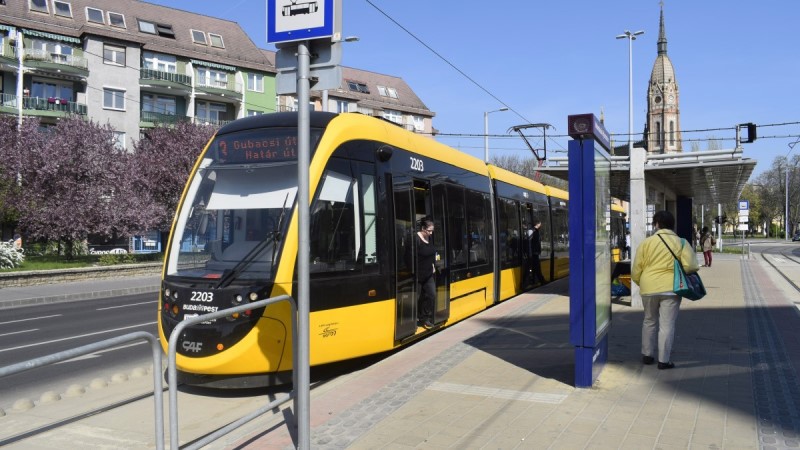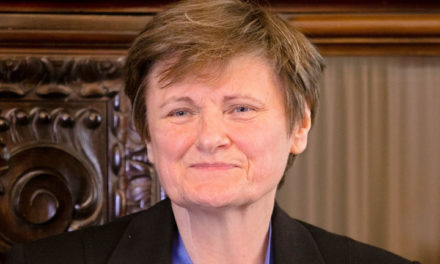Világgazdaság writes that Budapest could get 51 new Caf trams at a price that is up to 70 percent cheaper than the market price, but according to the city administration, there is money for a maximum of 20.
Trams older than 50 years run daily in the capital, they write. They added: the capital has not made a decision for a year and a half, meanwhile procurement has become more expensive by more than one billion forints.
It is a fact that the purchase of Cafok is not a matter of pennies, the paper states: the capital can pay a net of around 40 million euros for the 20 short Cafés, which is almost 17 billion forints at the exchange rate of 420 forints. According to them, this is partly because the city administration is in a year and a half delay. Originally, a decision was supposed to be made by May 18, 2021 on the withdrawal of the trams. However, they missed this, but managed to reach the Spanish vehicle manufacturing giant to get a one-year reprieve. May 18, 2022 also passed without Budapest ordering a single tram. The 51-piece option was not lost, however, because Caf entered into another six-month extension. The final date is therefore November 17, they write.
In the meantime, the contract unit price has become more expensive by around 150,000 euros: the loss is around 1.2 billion, such an amount is now being burned unnecessarily, they add. They emphasize that the same thing happened in the purchase of the capital's trolleys, which also saw a billion-dollar price increase after sitting on them for a year.
The planned delivery deadline for the first tram is September 24, 2024. Based on the schedule, it is possible to plan for the delivery of 6 more vehicles in 2024 and 13 more in 2025. It is undoubtedly good news that the entire 51-piece contingent will not be taken there - in fact, the town hall intends to extend the contract deadline of November 17 for a third time, the question is of course whether Caf would still tolerate this - and at least these 20 new trams ordered by Budapest.
They reminded me: the average age of the trams currently running in Budapest is 36 years. Less than a third of the fleet, 27 percent, are modern, low-floor vehicles. It is important to know that BKK and its leader at the time, Dávid Vitézy, signed a supply contract with Caffa back in 2014, during the first term of István Tarlós.
The basic quantity was 37 new trams, but the customer was entitled to an optional call for an additional 87 vehicles. Of these, 10 short vehicles were ordered in 2014, and BKK acquired another 26 vehicles (21 short and 5 long) in 2018. The fate of the remaining 51 trams has been hanging in the air for more than four years.
Source: Mandarin
Photo: MTI/László Róka












